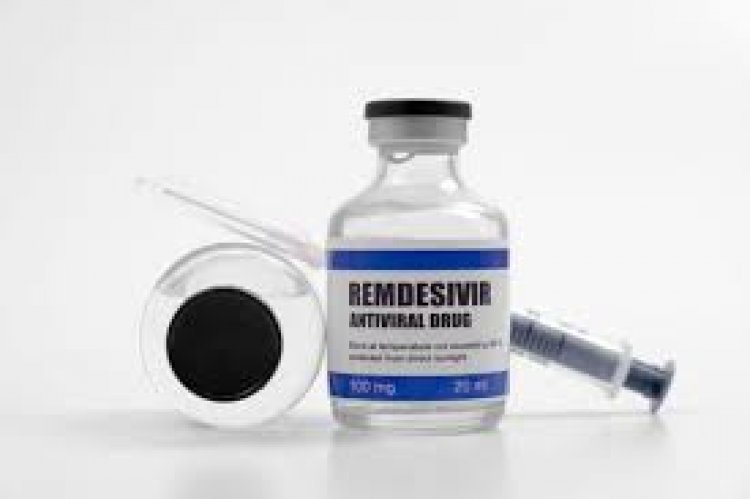India stops export of Covid-19 treatment drug Remdesivir
Just a month after the suspension of Covid-19 vaccine exports, India has equally banned the export of an anti-viral drug Remdesivir as well as its active pharmaceutical ingredients after an exponential increase in Covid-19 cases thus leading to high demand for it.

India stops export of Covid-19 treatment drug Remdesivir
Just a month after the suspension of Covid-19 vaccine exports, India has equally banned the export of an anti-viral drug Remdesivir as well as its active pharmaceutical ingredients after an exponential increase in Covid-19 cases thus leading to high demand for it.
The ban, according to the Indian government, will balance the high demand domestically. The export of the drug has been stopped until the situation in India in terms of Covid-19 cases stabilize.
India at the moment has a surge in coronavirus cases reporting a total of 11o,008 new cases as of April 11. Consequently, the demand for Remdesivir drug that treats Covid-19 shot up with people lining up to get it.
The drug whose export was suspended in March has been banned to offset the load in India. This means that poor nations will wait longer to get their doses.
Remdesivir drug is perceived as a salient anti-viral drug in the treatment of Covid-19 particularly in adults with serious complications.
The Government of Kenya in 2020 permitted hospitals to utilize the drug as it was discovered that it shortens the time taken to recover from the Covid-19 virus.
The Pharmacy and Poisons Board (PPB) allowed many hospitals across the country a Compassionate Use Authorisation (CUA) of Remdesivir after the discoveries in the US that it reduces the time taken to recover.
Kenya, among other countries, approved its use in as much as it is also used to treat Ebola. Alongside another drug, dexamethasone, they are effective in treating coronavirus.
However, the Pharmacy and Poisons Board (PPB) then noted that it halted the use of the drug in Kenya after the World Health Organization (WHO) recommended against it conditionally in patients after no evidence was found that it increases survival among the patients.
They said that there were no seen effects on the reduction of mortality cases, the use of ventilators, and time for recovery among the patients.
Dr. Ikamati, the Pharmacy and Poisons Board’s Deputy Director, Product Evaluation and registration, said that the board is only approving drugs that have been okayed by World Health Organization.
This is after in July 2020 Kenya, among other 126 low-income and lower-middle-income countries were selected by Gilead Sciences to get the generic forms of the drug which was manufactured for developing countries.
Generics are copies of prototypes of brands that possess the same dosage specifications, expected use, effects, side effects, administration schedules, risks, and their safety.



























